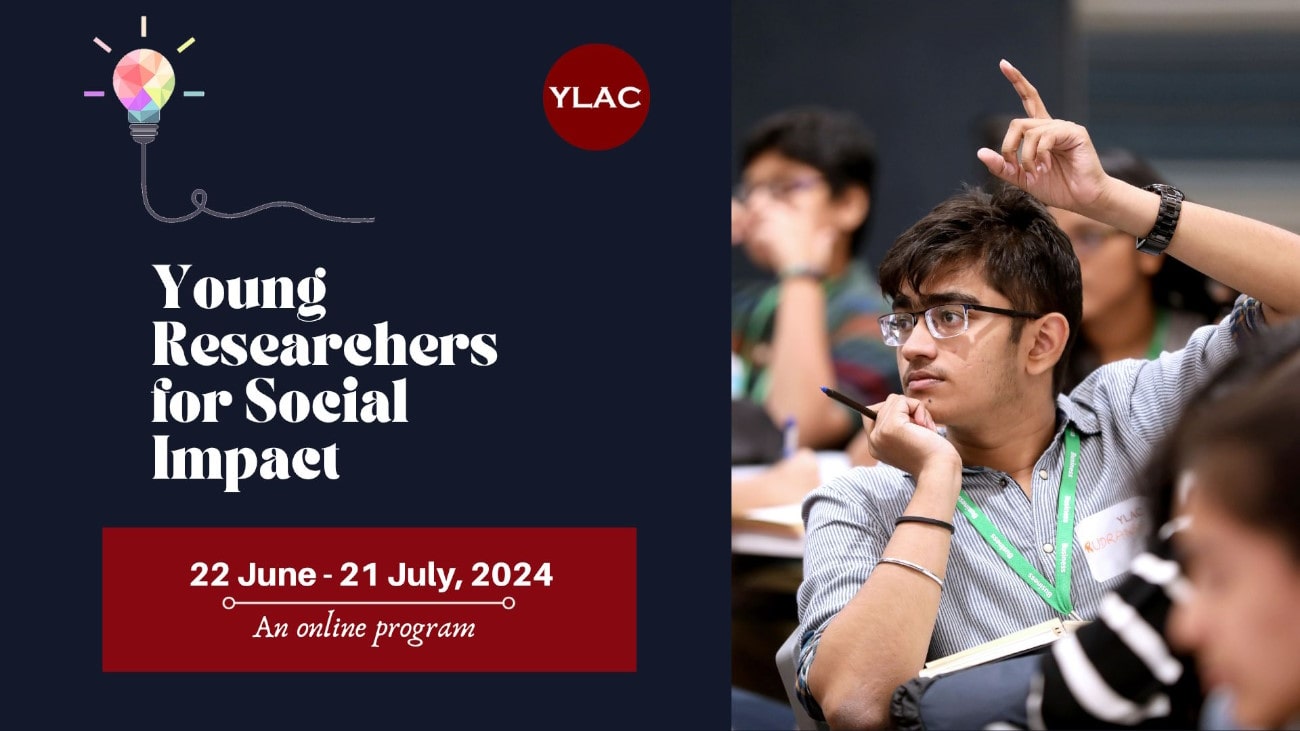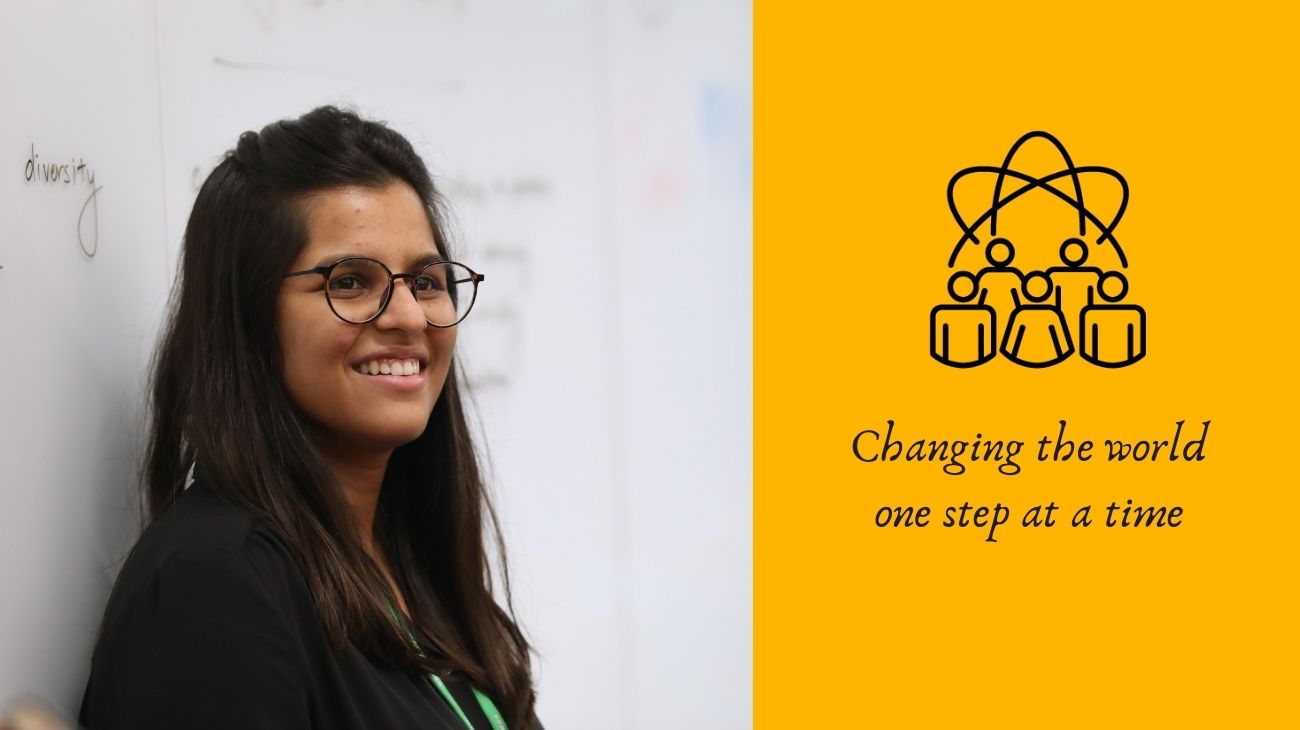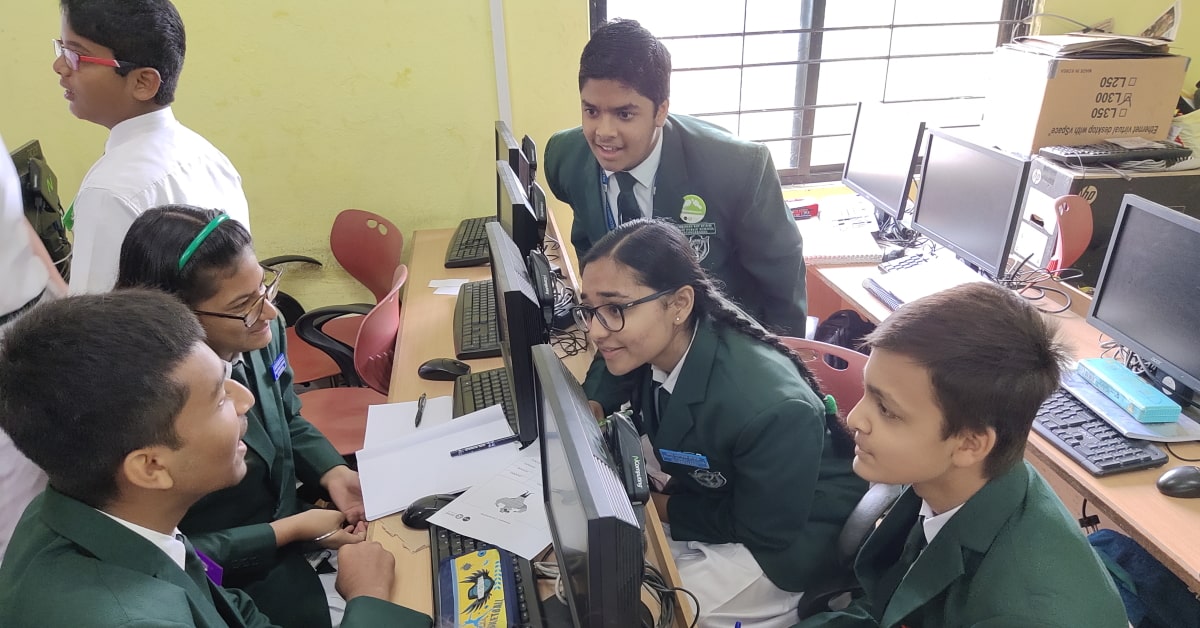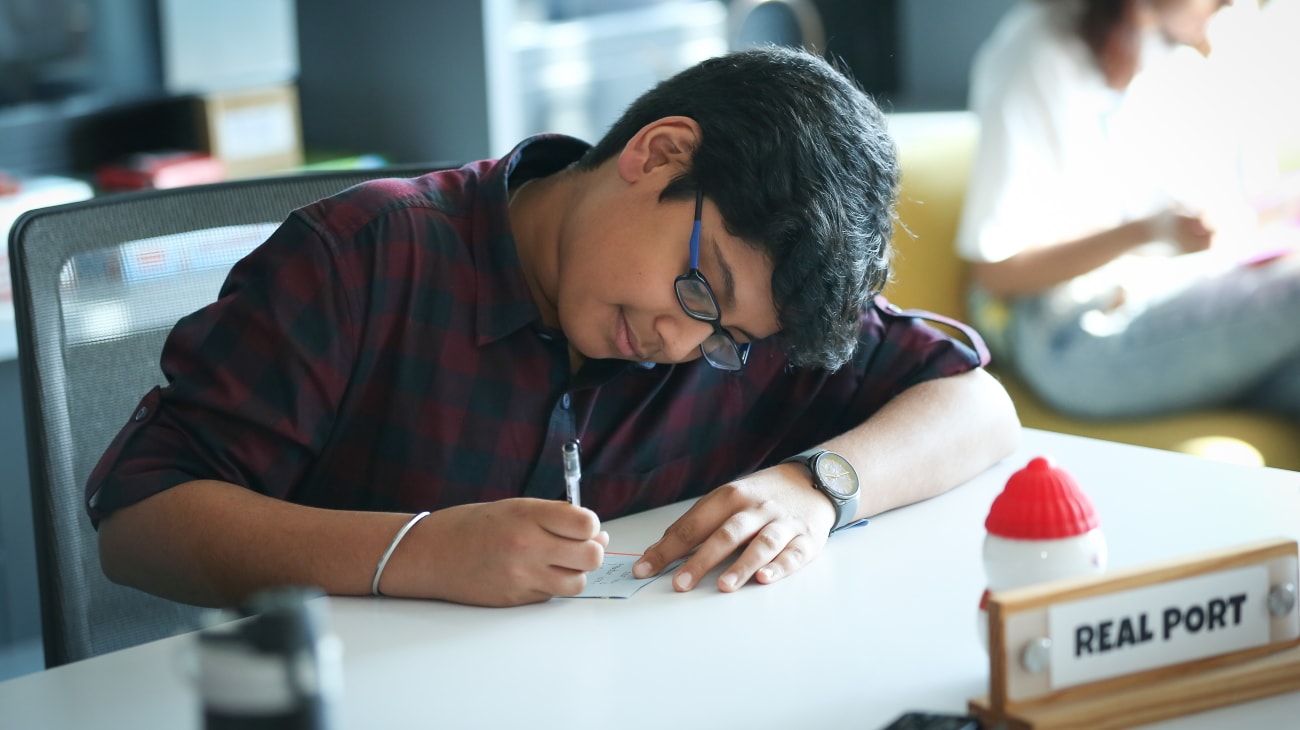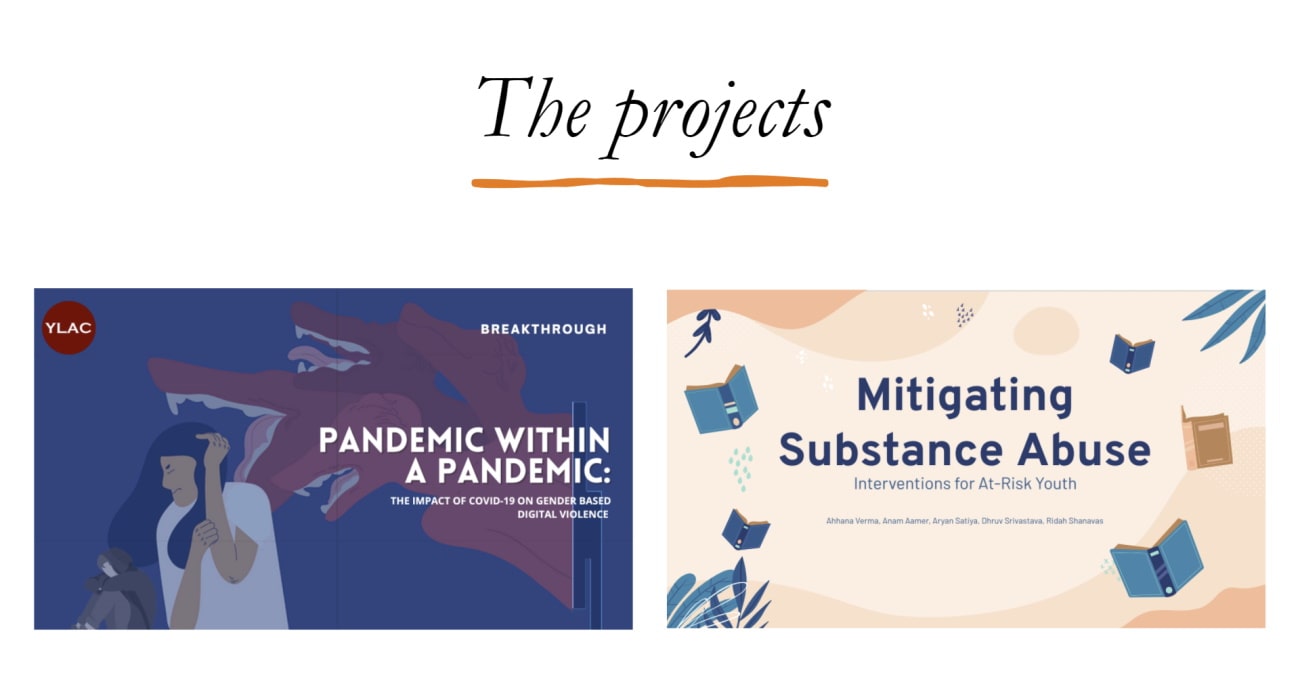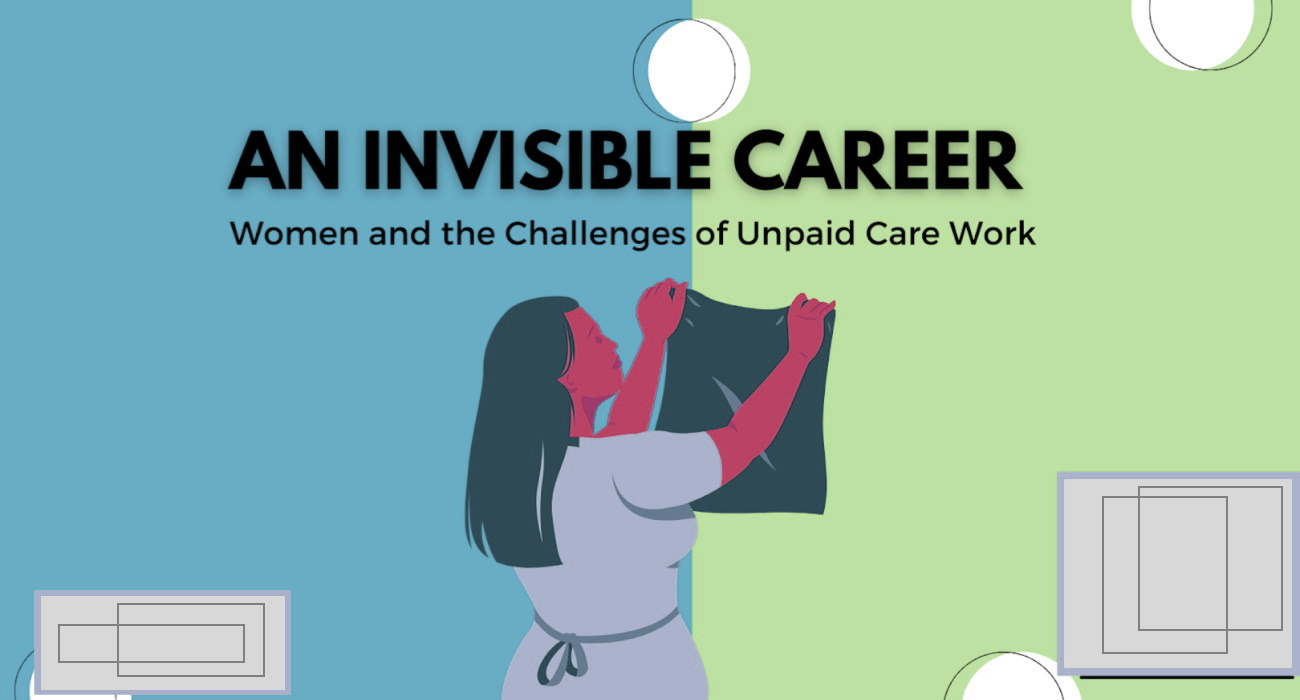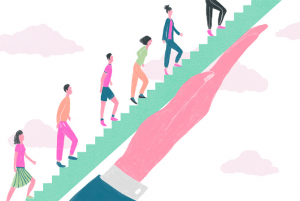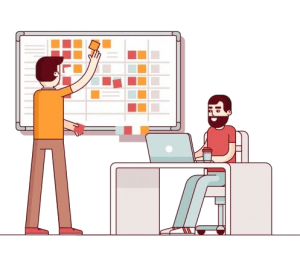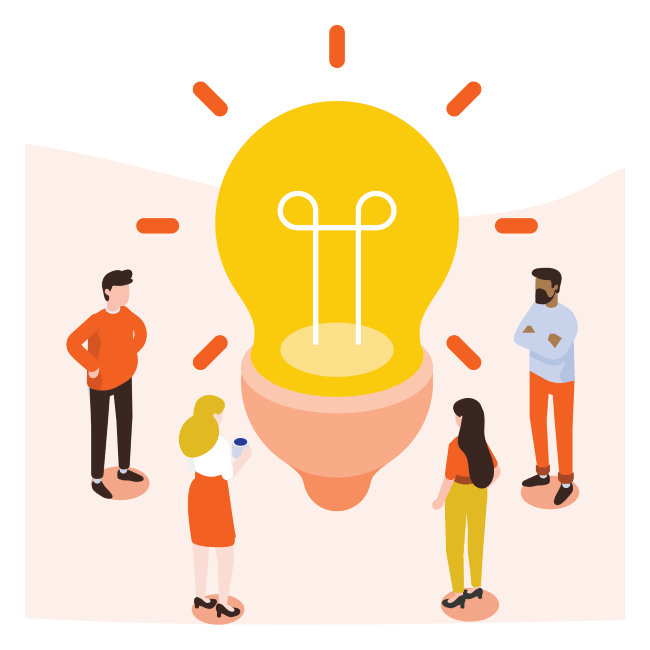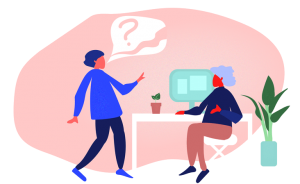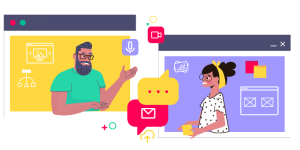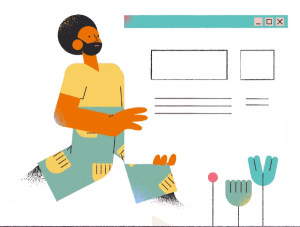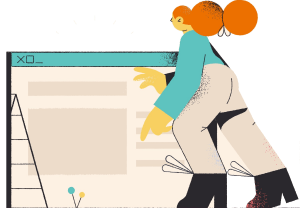The Young Researchers for Social Impact (YRSI) program is a month-long online engagement designed to immerse talented high school students in live research projects with YLAC’s partner organizations. Students are carefully selected, trained and mentored over a period of five weeks to build their capacity as critical thinkers and problem solvers. The goal is to equip students with the tools of research and advocacy to help find solutions to pressing issues that affect our societies today.
Projects concern contemporary issues in fields such as environment, gender, education, global health and governance, and students assist YLAC partners with specific research questions. Partners include organizations such as Our Democracy, Teach for India, Breakthrough, Sangath, Haiyya, Indian School of Democracy, Lung Care Foundation, World Resources Institute and Nipman Foundation, to name a few.
Applications to the 2024 edition of the program are now open. Please follow the links below to see details and apply.
See: Schedule | Project Work | Deadlines | Fees & Scholarships | Previous Editions | Eligibility & FAQs | Applications
2024 Edition
|
The 2024 edition is scheduled to run from the 22nd of June to the 21st of July. Sessions are run on both Saturday and Sunday on the first and the last weekend, but only on Sundays in the intervening weeks. This structure is designed to allow students time to undertake individual work on their projects while accommodating constraints at school. The program includes full group learning sessions, interaction with experts and speakers as well as personalized, small-group mentoring sessions. Since the program is executed online through remote collaboration, students from across the globe/ country can participate. In the previous editions of the program, we have been joined by students from cities in India and also other parts of the world – Mumbai, Delhi, Bengaluru, Hyderabad, Chennai, Manipal, Chandigarh, Agra, Guwahati, Dubai, Kuwait, Muscat, Maastricht, Ho Chi Minh City and Lagos, to name a few. |
Detailed Schedule
(IST: Indian Standard Time)

Project Work & Program Rigour
The Young Researchers for Social Impact program is a rigorous month-long initiation for young adults into social science research. Since the program is conducted online through remote engagement, students are not required to conduct field visits or collect primary data. Instead they are expected to rely on existing literature and data sources, conduct online surveys and undertake remote consultations with stakeholders/ experts for analysis.
Projects are sourced from a range of social impact organizations working in sectors such as health, education, governance, gender, youth empowerment, environment etc. The final output from students includes a research brief and/ or an article to put forward a convincing case for their recommendations.
|
|
|
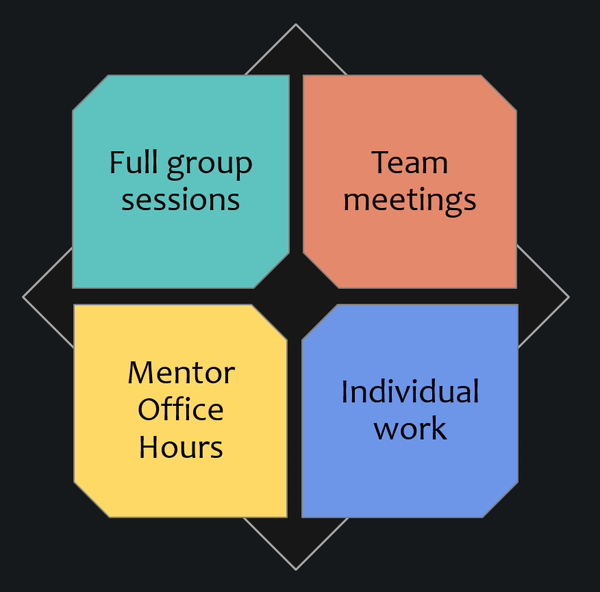 |
StructureThe program is structured as follows:
|
|
|
|
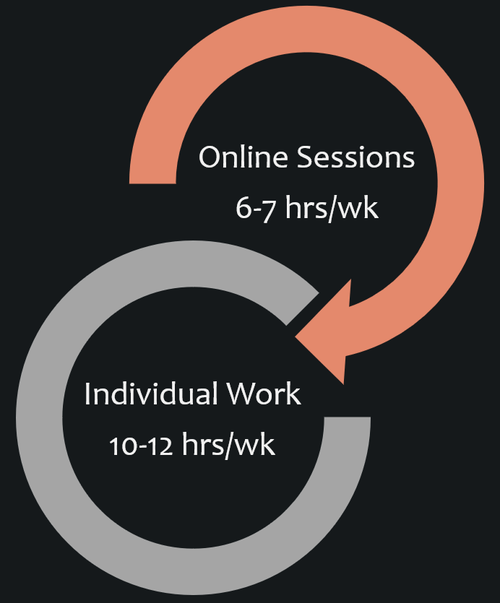 |
Time CommitmentOn average, a student is expected to spend about 20 hours per week on the program. Since sessions take place outside school hours, and primarily on the weekends, the program is easily manageable with school commitments. |
|
|
|
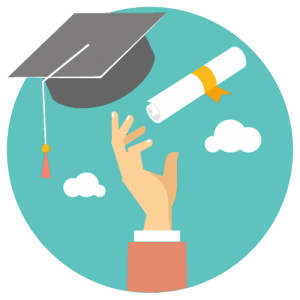 |
Evaluation & Requirements for GraduationAttendance at program sessions is mandatory and all project work is tightly managed and supervised to control for quality. Teams are also provided detailed feedback and guidance at every stage of the process. At the end of the program, students are given a graded certificate by YLAC highlighting the project they worked on. Graduation from the program requires regular attendance, class contribution as well as completing the assigned project work to the satisfaction of the mentors and the client. |
See: Schedule | Project Work | Deadlines | Fees & Scholarships | Previous Editions | Eligibility & FAQs | Applications
Deadlines
|
Scholarships deadline: 10th March 2024 (Sunday)
Final deadline: 5th May 2024 (Sunday) |
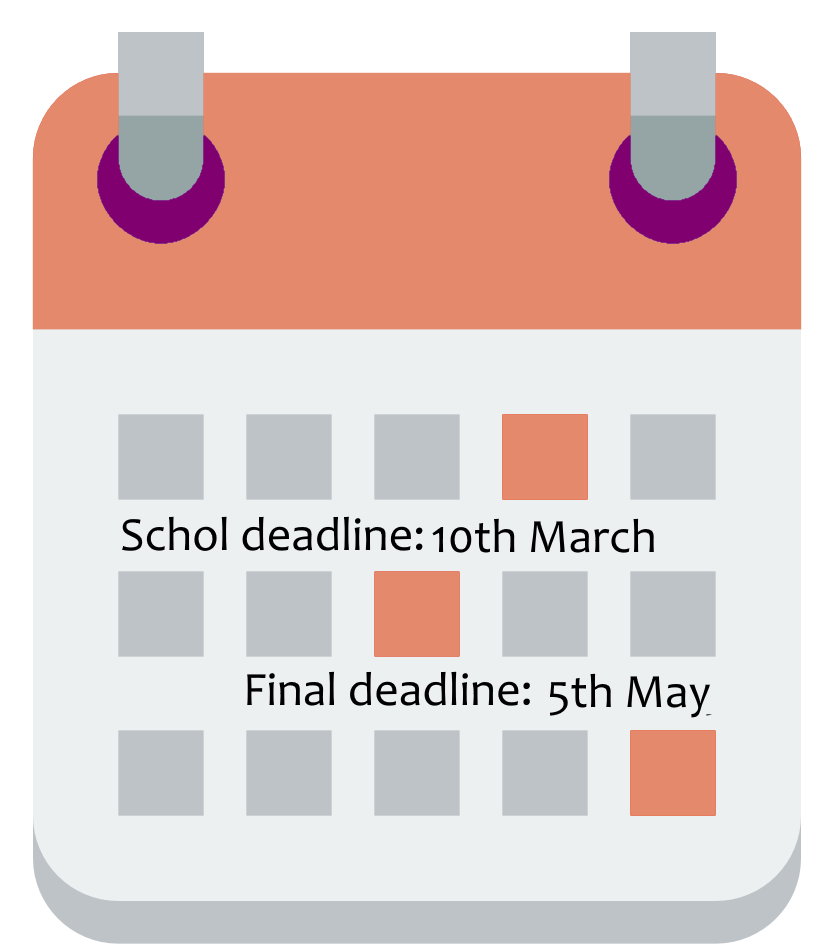 |
See: Schedule | Project Work | Deadlines | Fees & Scholarships | Previous Editions | Eligibility & FAQs | Applications
Fees & Scholarships
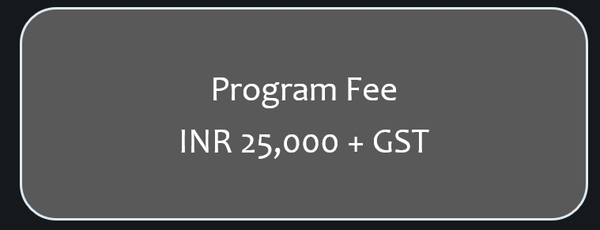 |
Program Fee |
|
|
|
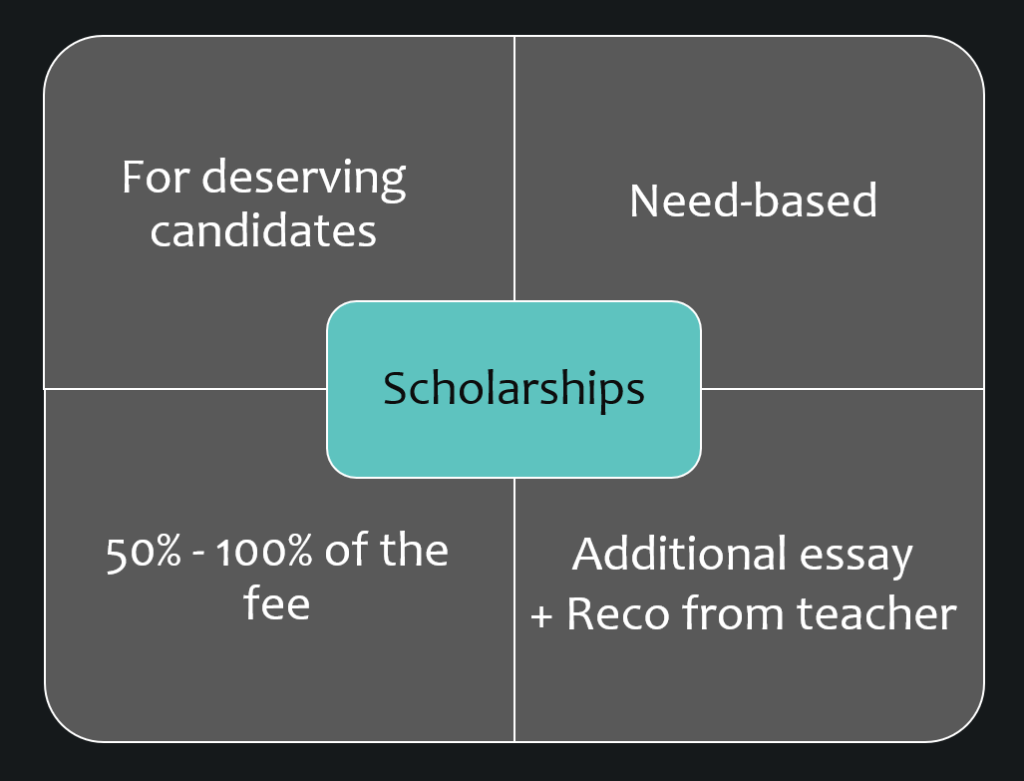 |
Scholarships |
See: Schedule | Project Work | Deadlines | Fees & Scholarships | Previous Editions | Eligibility & FAQs | Applications
The Journey So Far
|
The Young Researchers for Social Impact program was launched in the midst of the pandemic-induced lockdown in 2020. We experimented with a program that could help us push students’ thinking on important issues, while allowing for self-learning and remote collaboration. The result was YRSI. And what a great discovery it has been! We received a phenomenal response to our first edition and have enrolled several brilliant cohorts since. Each YRSI cohort has had the opportunity to work on intriguing researchers questions such as reforming electoral funding, understanding impact of social media usage on mental health, assessing the effectiveness of remote learning, bringing attention to the issue of climate justice, breaking the cycle of domestic violence etc. Working in teams, students systematically broke down research questions, examined existing information and interviewed stakeholders to put together their analysis. They also drafted articles to highlight issues and shed light on potential solutions. For examples of research papers produced by the students, please see here (electoral funding), here (climate justice) and here (online privacy and safety of young adults). You can also see examples of articles written by our students here (disability rights), here (environment impact assessment) and here (substance abuse among young people). Given the amazing response we received from students and the stellar quality of research output produced during the program, YRSI has become a flagship engagement in the YLAC portfolio of programs. |
Frequently Asked Questions (FAQs)
The Young Researchers for Social Impact program is an opportunity for students to work on a live project with a renowned social impact organization under close supervision and personalized mentorship from YLAC. Students pick up several important skills, such as critical thinking, structuring and breaking down problems, asking the right research questions, looking for innovative solutions and putting forward answers in a way that can build support among decision-making authorities.
Through the program, students also interact with and share ideas with a carefully selected group of motivated peers. This helps them build a strong network of like-minded individuals who are passionate about similar issues and themes. The exposure also helps students strengthen their profile, build a stronger resume and open up avenues and opportunities for higher education.
If you are studying in grades 10th to 12th and are no more than 18 years of age, you are eligible to apply. Students who are moving into class 10th or those who have just completed their class 12th exams are also eligible.
We look for talented students who wish to create an impact through research and advocacy on social issues. There are no prerequisites as such. Students are selected on the basis of their responses to the questions in a short application form.
The overall duration of the program is five weeks. Sessions are run on both Saturday and Sunday on the first and the last weekend, but only on Sundays in the intervening weeks. This structure is designed to allow students time to undertake individual work on their projects while accommodating constraints at school.
We also organize mid-week office hours for students to check in with their mentors and ask any questions they may have with regard to their projects. Outside these sessions, students are expected to spend 10-12 hours on individual research and writing work.
Yes! The entire program is run online through video conferencing. A student needs access to a desktop computer/ laptop as well as a stable and reliable broadband connection to participate effectively.
Students work on projects in the fields of social science and humanities. Project topics look at contemporary issues and cover different developmental and social challenges in healthcare, education, governance, gender, youth empowerment, environment etc.
'Live' implies that the output of the project feeds into/ supports the ongoing campaigns and initiatives of our partner organizations. Projects are result-oriented and tightly managed by the YLAC team to ensure the most enriching experience for our students.
A team of 4-6 students works on one project. In terms of the assignment of projects, we seek preferences from students and try our best to match students with a project of their choice, but a specific allocation cannot be guaranteed.
We establish partnerships with prominent NGOs and social enterprises that work on different subjects and issues such as education, health, women and child rights, environmental and wildlife protection, livelihoods generation and urban governance.
On average, a student is expected to commit about 20 hours per week during the program. This includes 6-7 hours of online sessions per week and 10-12 hours of individual remote work for the project.
The sessions are taught and facilitated by the YLAC team. Their profiles can be found on the website. During the course of the program, external speakers and staff from partner organizations are also invited to interact with students and engage with them on a range of issues and subjects.
In any edition of the program, 1-2 cohorts may be inducted in parallel. A cohort is typically 40-50 students and students are divided into groups of 5-7 people on the first weekend to work on projects for partner organizations.
To allow students to meet their peers, some sessions may also be conducted jointly to bring the cohorts together.
Yes, attendance at the sessions is mandatory. Graduation from the program requires that a student not miss more than one day during the entire duration of the program. Special circumstances can be considered on a case by case basis, but approval must be sought from YLAC facilitators in advance.
Yes! At the end of the program, students are given a graded certificate by YLAC highlighting the project they worked on. Graduation from the program requires regular attendance, class contribution as well as completing the assigned project work to the satisfaction of the mentors and the client.
In case any unforeseen circumstances prevent you from joining the program, you can request our office to initiate the refund process. YLAC will refund 100% of your payment if the request is received 30 days before the beginning of the program. For requests received 15 days before the program, the refund amount shall be 50% of the payment received. YLAC shall not be able to issue any refunds in case the intimation reaches us at a shorter notice.
See: Schedule | Project Work | Deadlines | Fees & Scholarships | Previous Editions | Eligibility & FAQs | Applications
